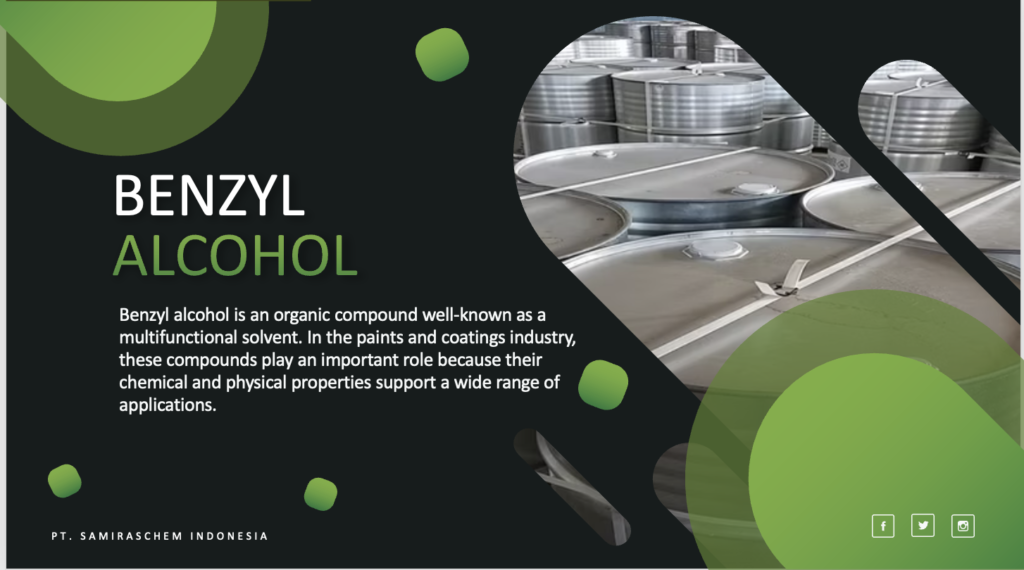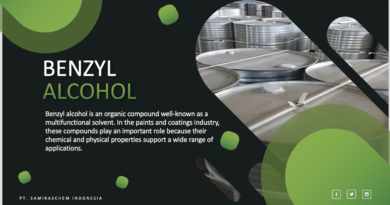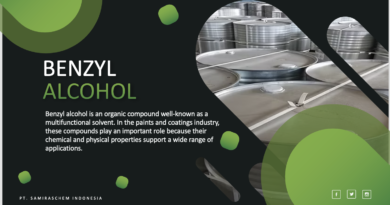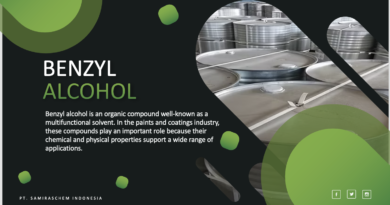Is benzyl alcohol bad for hair
Is benzyl alcohol bad for hair ? Benzyl alcohol is a commonly used ingredient in personal care products, including hair care formulations. It serves as a preservative, solvent, or fragrance component. However, opinions vary on whether harms hair. Its potential impact depends on factors such as concentration, frequency of use, and individual sensitivities. This article explores the effects on hair, supported by scientific evidence.
What Is Benzyl Alcohol? – Is benzyl alcohol bad for hair
Benzyl alcohol is an aromatic alcohol derived from benzene, a compound found in both natural and synthetic sources. In cosmetics and hair care products, it serves several purposes. It acts as a preservative, preventing microbial growth and extending the product’s shelf life. Benzyl alcohol also functions as a solvent, helping dissolve other ingredients and aiding in the formulation of creams, shampoos, conditioners, and styling products. Additionally, it adds a mild floral scent to many products.
Potential Benefits
Benzyl alcohol can offer benefits when used properly in hair care products. As a solvent, it helps other active ingredients, such as oils, proteins, and moisturizers, absorb effectively into the hair and scalp. Better absorption can lead to improved hydration and nourishment for the hair. Additionally, as a preservative, helps maintain the integrity and efficacy of hair care products over time.
The Risks and Concerns Associated with Benzyl Alcohol
Although regulatory agencies such as the U.S. Food and Drug Administration (FDA) and the European Commission recognize as safe, concerns about its use in hair care products exist. These concerns focus on its potential to irritate the skin and scalp, especially in people with sensitive skin. is a mild skin irritant, and repeated exposure can cause dryness, redness, itching, or a rash on the scalp. In rare cases, it may trigger allergic reactions, particularly in people sensitive to certain fragrances or preservatives.
Moreover, benzyl alcohol can dry out the hair. While it serves as an effective solvent and preservative, it can strip away natural oils from the hair and scalp. Over time, this can lead to dryness, frizziness, and weakened hair. If used in high concentrations or by people prone to dryness or scalp conditions, may worsen these issues, leaving hair dull and lifeless. Moderation is crucial when using products containing this ingredient.
Concentration of Benzyl Alcohol
The concentration of benzyl alcohol in hair care products determines its effects on the hair. In most products, the concentration is usually low, typically less than 1%. At these levels, experts generally consider it safe for use in cosmetics, including hair care. However, higher concentrations can increase the risk of irritation and dryness. Products with concentrations above 2% may cause more significant adverse reactions, particularly in people with sensitive skin.
The formulation of a product can also affect how interacts with the hair and scalp. Products rich in moisturizing agents, such as oils, butters, or humectants, may counteract the drying effects of benzyl alcohol. In contrast, products formulated for oily hair may intensify these drying effects.
Benzyl Alcohol and Scalp Health
Scalp health is essential for overall hair condition. A healthy scalp promotes strong, shiny, and resilient hair, while an unhealthy scalp can lead to problems like dandruff, hair thinning, or hair loss. can irritate the scalp, especially in products that come into direct contact, such as shampoos, conditioners, or hair styling gels.
People with sensitive skin or existing scalp conditions like eczema or psoriasis may find that benzyl alcohol worsens irritation. This can cause itching, flakiness, or inflammation. Individuals with such conditions should be cautious when using hair care products containing benzyl alcohol, and patch-testing a product before widespread use is advisable. If irritation occurs, discontinue use and consult a dermatologist.
Allergic Reactions to Benzyl Alcohol
Though rare, some individuals may experience allergic reactions to benzyl alcohol. Symptoms may include swelling, redness, or hives on the scalp or surrounding skin. If such reactions occur, seek medical advice. Allergic reactions may result from individual sensitivities or underlying allergies to other ingredients in the product.
Because is a common ingredient in many personal care products, individuals with known allergies to fragrances or preservatives may develop sensitivities. It is recommended to patch-test a small area of skin before using a product containing benzyl alcohol.
How to Minimize Risks When Using it ?
To minimize the potential risks of benzyl alcohol in hair care products, follow a few simple guidelines. First, check the ingredient list to see if is present, especially if you have a history of scalp sensitivity or skin allergies. If concerned about potential irritation, choose hair care products formulated for sensitive skin or those containing moisturizing ingredients to balance out drying effects.
Additionally, avoid using products with high concentrations of benzyl alcohol. If you notice irritation or dryness after using a product containing benzyl alcohol, discontinue use and try an alternative with a gentler formula. Look for shampoos, conditioners, or hair treatments free from harsh preservatives and drying alcohols.
Lastly, if you have a pre-existing scalp condition, consult a dermatologist or healthcare professional before introducing new products into your routine. They can provide personalized advice on which ingredients and formulations are best suited for your specific needs.
Conclusion – Is benzyl alcohol bad for hair
In conclusion, benzyl alcohol is a commonly used ingredient in hair care products. Its effects depend on concentration, individual skin type, and frequency of use. While it offers benefits as a solvent and preservative, it can also cause irritation and dryness, especially in people with sensitive skin or existing scalp conditions. Being mindful of the concentration and selecting the right products can help minimize risks. Moderation and careful selection are essential to maintaining healthy, vibrant hair without compromising scalp health.






